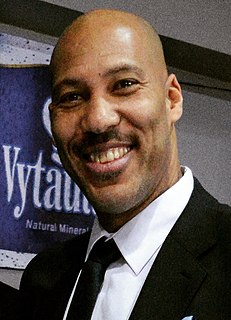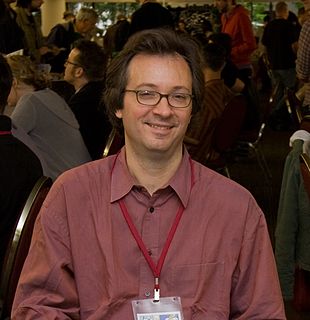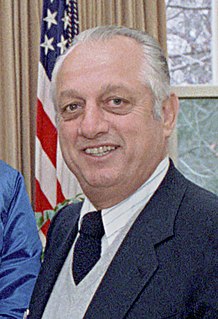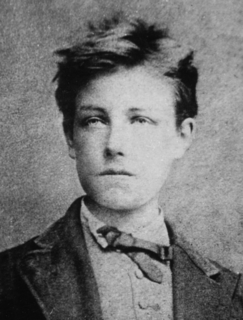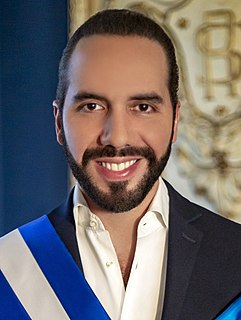A Quote by Byron Katie
They say, "Katie, you're wrong." And if I say, "How dare you say that? I have studied and studied." Or, "I am an expert in" whatever area we're talking about. Or, "No, you are wrong! And I think you're rude!" Or anything like that, and if we don't say it out loud, maybe we think it, but that's stressful. The moment I've defended, in any way, I've started the war.
Related Quotes
I'm not one of those people that's to myself and just quiet. I've never been like that, man. I've always been kind of loud. I'm out there, man. I do my thing, but I don't do it disrespectful. But when people rub me the wrong way, I rub people the wrong way. But I say what I say and I mean what I say.
Lawyers on TV always tell their clients not to say anything. The cops say that thing: 'Anything you say will be used against you.' Self-incrimination. I looked it up. Three-point vocab word. So why does everyone makes such a big hairy deal about me not talking? Maybe I don't want to incriminate myself. Maybe I don't like the sound of my voice. Maybe I don't have anything to say.
'Black' is an adjective, in my book, and the way I use it, sometimes I'll say 'black people.' But if I'm talking about a person, I'm going to say 'a Negro,' because I was taught to say that, and I don't see any reason to change it. I don't think that gives pride or anything else. I don't think you get pride by calling yourself this or that.
When I started out as an actor, I thought, Here's what I have to say; how shall I say it? I began to understand that what I do in the scene is not as important as what happens between me and the other person. And listening is what lets it happen. It's almost always the other person who causes you to say what you say next. You don't have to figure out how you'll say it. You have to listen so simply, so innocently, that the other person brings about a change in you that makes you say it and informs the way you say it.
When somebody is a little bit wrong - say, when a waited puts nonfat milk in your espresso macchiato, instead of lowfat milk - it is often quite easy to explain to them how and why they are wrong. But if somebody is surprisingly wrong - say, when a waiter bites your nose instead of taking your order - you can often be so surprised that you are unable to say anything at all. Paralyzed by how wrong the waiter is, your moth would hang slightly open and your eyes would blink over and over, but you would be unable to say a word.
I think the language that we use in dealing with one another is very important. And even if I am called upon to bring out some money to support a regime, and I am entitled to say I do not like what that regime does and obviously I am not going to put money there - you cannot really say this is wrong or this is unreasonable.

